PhD student at Karolinska Institutet, NRU Rigshospitalet, and DIKU UCPH
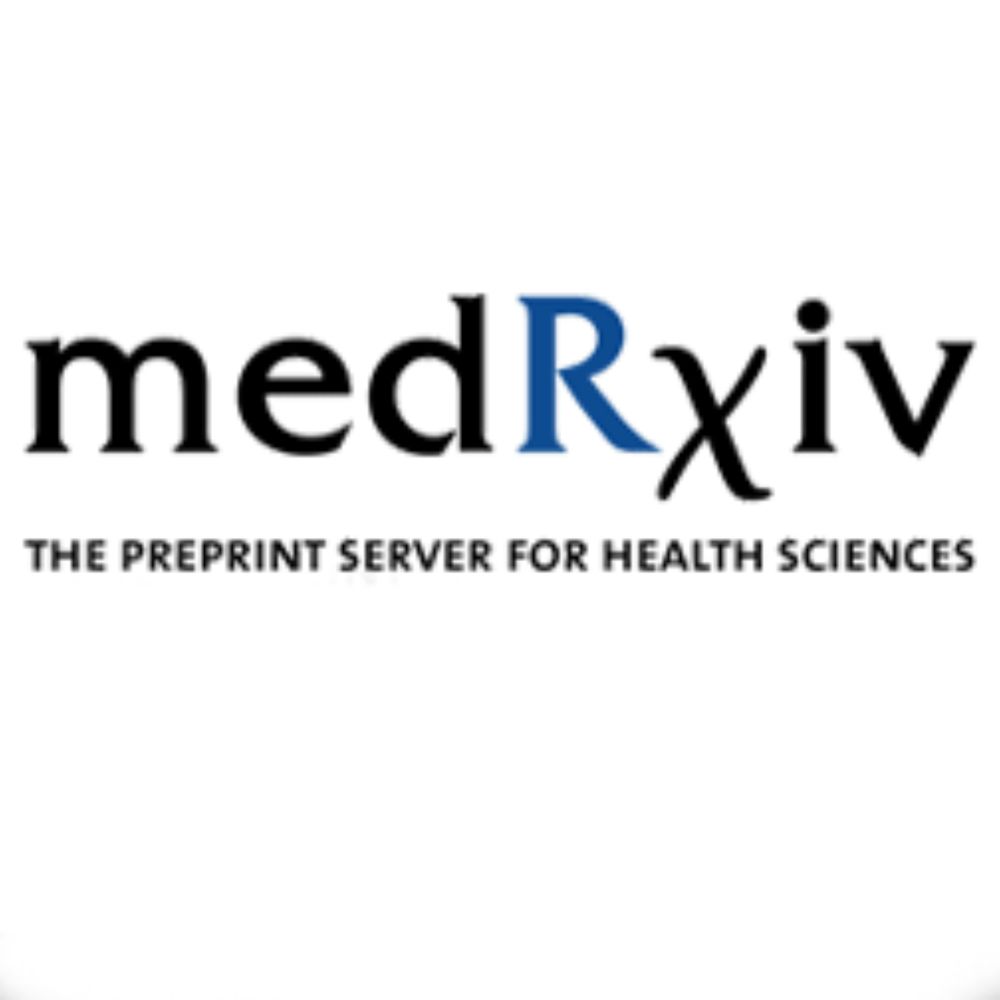
www.medrxiv.org/content/10.1...
(1/7)
www.gov.uk/government/n...

www.biorxiv.org/content/10.1...

www.biorxiv.org/content/10.1...
www.nature.com/articles/s41...
I think a lot of the points / issues are relevant to the entire field, not only brain age in younger populations.

www.nature.com/articles/s41...
I think a lot of the points / issues are relevant to the entire field, not only brain age in younger populations.
link.springer.com/article/10.1...

link.springer.com/article/10.1...

At #EurIPS we are looking forward to welcoming presentations of all accepted NeurIPS papers, including a new “Salon des Refusés” track for papers which were rejected due to space constraints!

At #EurIPS we are looking forward to welcoming presentations of all accepted NeurIPS papers, including a new “Salon des Refusés” track for papers which were rejected due to space constraints!
EurIPS takes place over 3 days + 2 workshop days, at the same time as NeurIPS in San Diego.
Follow this account for more updates, and see you in wonderful Copenhagen 📅
eurips.cc
EurIPS takes place over 3 days + 2 workshop days, at the same time as NeurIPS in San Diego.
Follow this account for more updates, and see you in wonderful Copenhagen 📅
eurips.cc
They show that "Increasing the follow-up time was associated with a substantial increase in longitudinal reliability, while the impact of increasing the number of observations was comparatively minor."

They show that "Increasing the follow-up time was associated with a substantial increase in longitudinal reliability, while the impact of increasing the number of observations was comparatively minor."
We look forward to making #EurIPS a diverse and inclusive event with you.
The submission deadlines are August 22nd, AoE.
More information at:
eurips.cc/call-for-wor...
eurips.cc/call-for-aff...
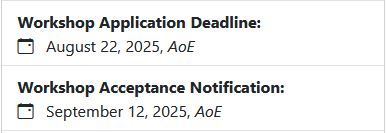
We look forward to making #EurIPS a diverse and inclusive event with you.
The submission deadlines are August 22nd, AoE.
More information at:
eurips.cc/call-for-wor...
eurips.cc/call-for-aff...
rdoerfel.github.io/blog/2025/En...
rdoerfel.github.io/blog/2025/En...
rdoerfel.github.io/blog/2025/En...
rdoerfel.github.io/blog/2025/En...
This is not the only article showcasing this. Brain age is still useful, but be careful about the longitudinal claims.
doi.org/10.1002/hbm....
This is not the only article showcasing this. Brain age is still useful, but be careful about the longitudinal claims.
doi.org/10.1002/hbm....
Excited to announce the first challenge at MICCAI focusing on the development of self-supervised pretraining of foundation models for brain MRI! 🧠
With access to a large-scale dataset, codebase, cash prices and multiple tracks.
Read more ⬇️
Excited to announce the first challenge at MICCAI focusing on the development of self-supervised pretraining of foundation models for brain MRI! 🧠
With access to a large-scale dataset, codebase, cash prices and multiple tracks.
Read more ⬇️
www.medrxiv.org/content/10.1...
(1/7)

www.medrxiv.org/content/10.1...
(1/7)
www.medrxiv.org/content/10.1...
(1/7)

www.medrxiv.org/content/10.1...
(1/7)
We are very interested in how to utilize the multiverse in neuroimaging. Because no matter how we process biological data, if we do something reasonable, the underlying results shouldn't change too much - because biology doesn't change, right?
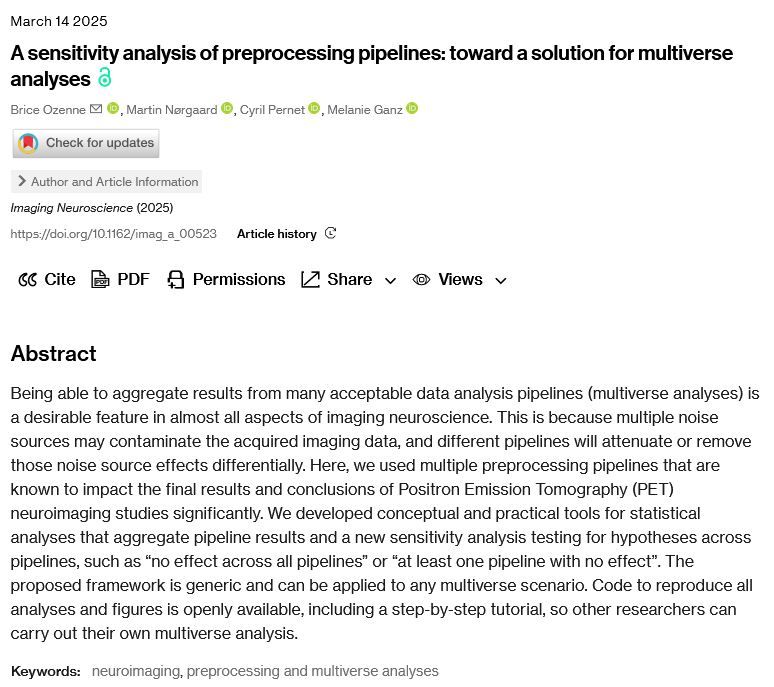
We are very interested in how to utilize the multiverse in neuroimaging. Because no matter how we process biological data, if we do something reasonable, the underlying results shouldn't change too much - because biology doesn't change, right?
Led by @rdoerfel.bsky.social
doi.org/10.1101/2025...
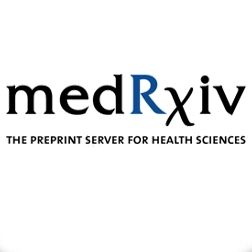
Led by @rdoerfel.bsky.social
doi.org/10.1101/2025...
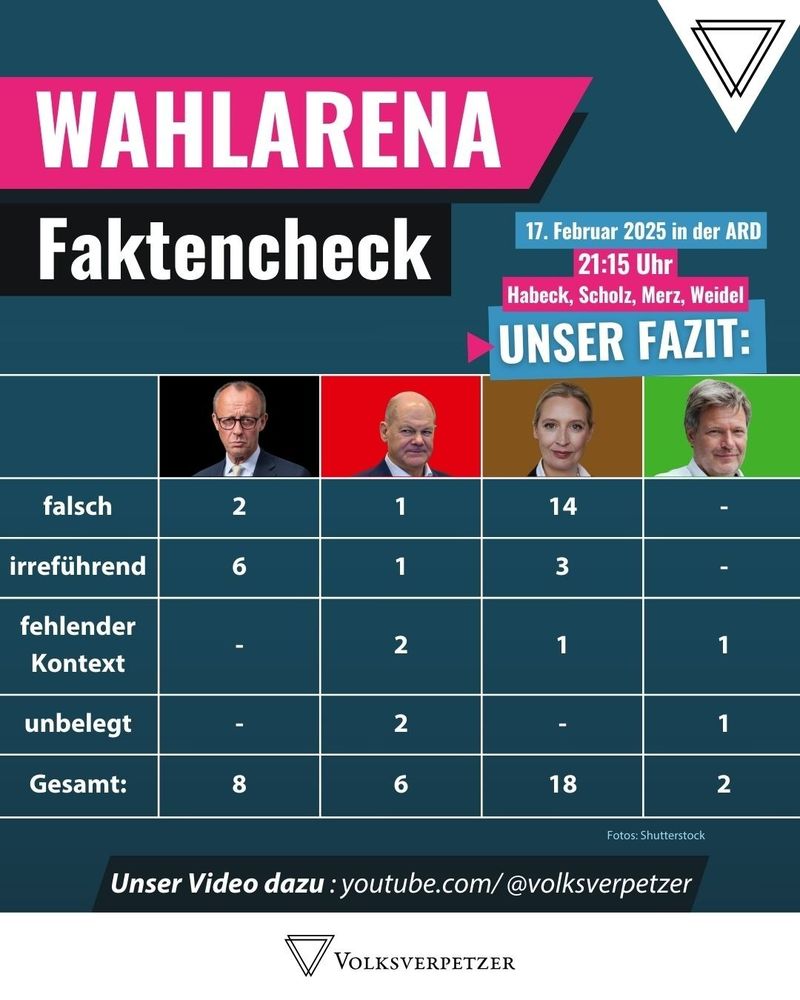
link.springer.com/article/10.1...
1/3
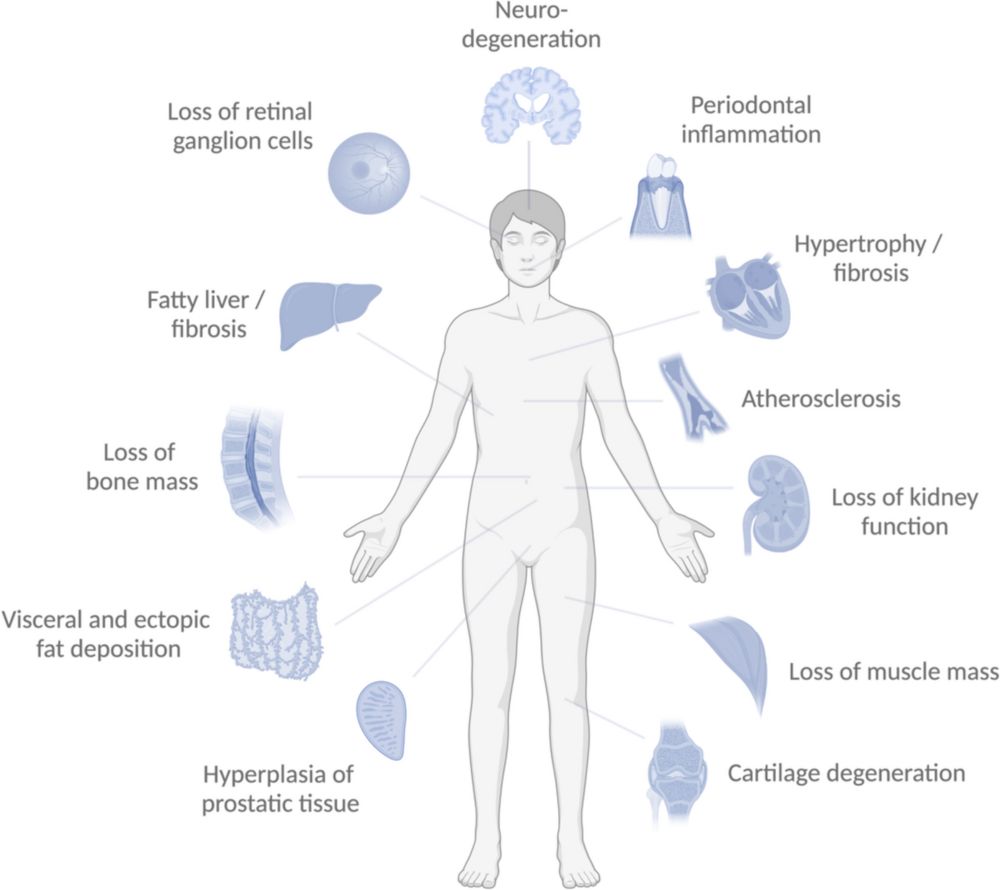
link.springer.com/article/10.1...
1/3
link.springer.com/article/10.1...
1/3

link.springer.com/article/10.1...
1/3
A non-expert uses in vitro/animal studies to infer a revolutionary understanding of a disease, then sells a dietary supplement whose effectiveness likewise rests on preliminary studies done in cells in culture flasks.
Every. Frickin'. Time.
A non-expert uses in vitro/animal studies to infer a revolutionary understanding of a disease, then sells a dietary supplement whose effectiveness likewise rests on preliminary studies done in cells in culture flasks.
Every. Frickin'. Time.



